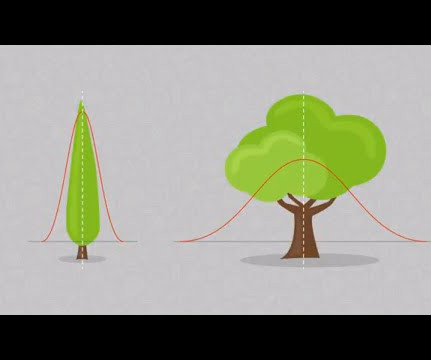Edtech Data Improves Purchases and Student Performance
edWeb.net
MARCH 1, 2020
While acknowledging that randomized controlled trials have their place in what should be an “edtech efficacy portfolio,” Andrew pointed out that the time and expense required for this type of study usually makes them feasible only once every five or ten years, limiting their ability to show progress over time and include the latest data.















Let's personalize your content